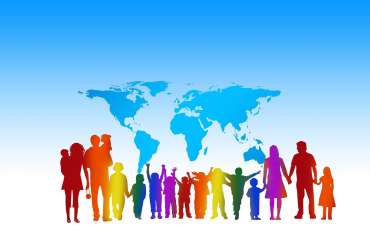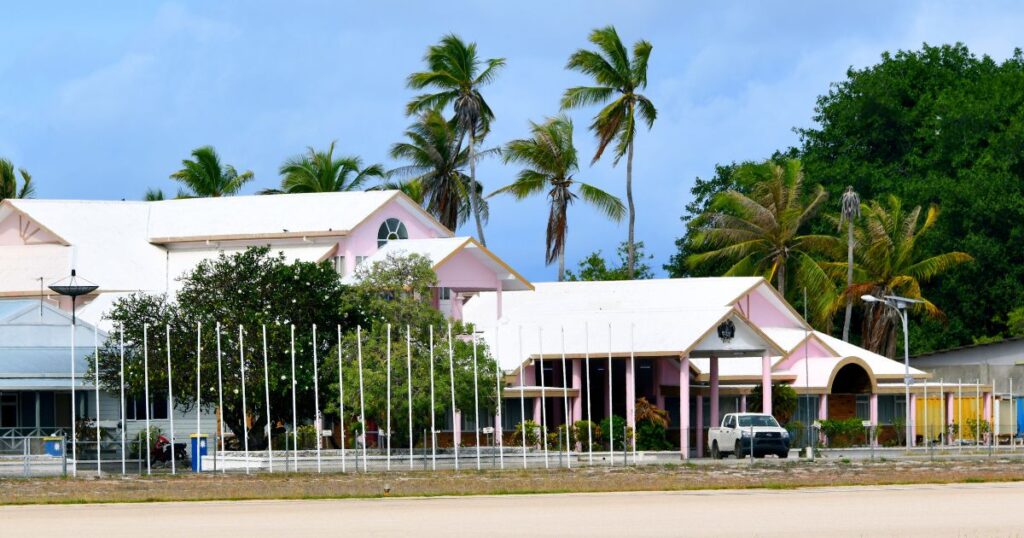Citizenship by investment (CBI) schemes offer a new life and hope to stateless persons and their families to enjoy equal rights and opportunities with freedom of movement.
A Stateless person is someone who does not have the nationality of any country. The 1954 UN Convention
The 1954 UN Convention is designed to ensure that stateless people enjoy a minimum set of human rights. The 1961 UN Convention aims to prevent statelessness requires that states establish safeguards in their nationality laws to prevent statelessness at birth and later in life.
Which CBI programs accept stateless people?
Stateless persons who can invest $100,000 or more can receive new citizenship and passport from a selective few countries that run CBI schemes. Stateless people frequently lack any and all identity documents like birth certificates or passports.
Stateless Acceptance
These are the ONLY countries that offer immediate citizenship to stateless persons and their families including children through investments. These usually donation to a state or real estate investments. All countries require a police certificate or no criminal record from the country of origin. Malta, St.Kitts & St.Lucia do not accept stateless people for CBI.
- Dominica ($100,000) – 3 months
- Vanuatu ($135,000) – 3 months
- Antigua & Barbuda ($100,000) – 3 months
- Turkey ($250,000) – 4 months (bank deposit only)
Banking Issues
Another huge problem stateless people face with CBI are the banks refusing to clear transactions (sending and receiving side) without valid identification documents. This could lead to huge delays with processing of CBI applications
Note:
- Antigua will grant citizenship for investments to certain stateless people born in five states—Brunei, Kuwait, Dubai, Saudi Arabia.
- In Turkey, stateless people cannot buy real estate but can apply only $500,000 bonds/bank deposit. Note that banks processing funds may also request identification from stateless people.
What causes Statelessness?
A stateless person is someone who is “not considered as a national by any state under the law. According to UN, there are 12 million stateless people spread over many parts in the world.
Statelessness caused by discrimination in nationality laws on particular groups, conflicts, displacement and lack of evidence of birth. A number of countries do not allow mothers to pass on nationality, which can result in statelessness if the fathers are unknown. Revoking of citizenship can also result in statelessness, if they are not dual nationals. Another example is when a country collapses, it causes significant number of stateless population.
Statelessness people are denied basic human rights such as: education, employment, social welfare, housing, opening bank accounts, healthcare, freedom of movement, freedom from arbitrary detention and political participation.
Countries with notably large stateless populations include Myanmar, Kuwait, Cote d’Ivoire, Thailand, Iraq, and the Dominican Republic. Some ethnic Russian populations in the Baltic States and the Bidoons in the Arab countries remain stateless.
Stateless people are often severely restricted from freedom of movement, due to lack of identity cards or passports and they never crossed an international border.





